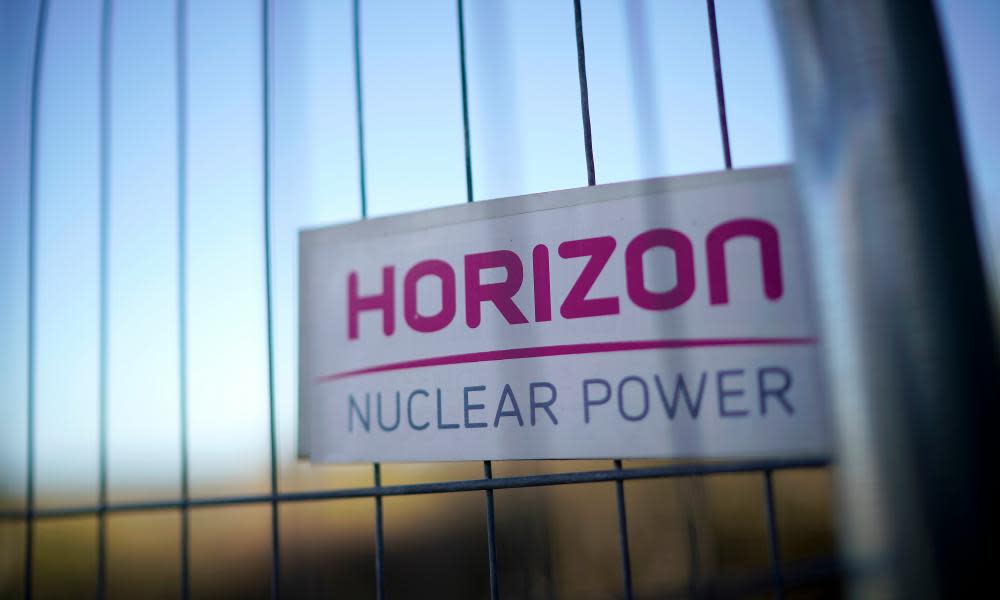The Guardian view on nuclear power: expensive mistakes

The scrapping of three nuclear power station projects in just over two months should prompt immediate and serious thought about the future of energy in this country. Hitachi expects the axing of the Wylfa plant on Anglesey in Wales to cost it £2.14bn. Around 300 people at its UK subsidiary Horizon will lose their jobs along with around 1,000 in the supply chain, and a second Hitachi power station in Gloucestershire will never be built. That another Japanese company, Toshiba, pulled the plug on another nuclear project in Cumbria in November, after trying and failing to sell it, makes the need for a considered response from policymakers all the more pressing.
The problem, in a nutshell, is that the new generation of nuclear power stations is proving too expensive. Hitachi walked away from a package including a guaranteed price for its electricity of £75 per megawatt hour for 35 years, well above the wholesale price of around £50, but still below the £92.50 awarded to EDF Energy for power generated at Hinkley Point C. With the price of offshore wind as low as £57.50 and expected to fall further, and with renewables now supplying 33% of power (up from 6.7% in 2009), the contrast with nuclear is increasingly unflattering, as business secretary Greg Clark acknowledged when he told MPs that nuclear is being “outcompeted”.
The challenge for all those in the UK who see this as good rather than inconvenient news – because cheap, green energy that doesn’t create toxic waste is what the planet needs – is to explain how demand will be met when existing nuclear power stations have been wound down, at times when there is no sun or wind, until we have the technology we need to store electricity. The three scrapped projects were between them expected to provide 15% of the total supply from the late 2020s, and all of National Grid’s future energy scenarios include some nuclear. The risk is that the government will now ratchet up the subsidies to the point where the French and Chinese state-owned companies already committed at Hinkley Point in Somerset, Sizewell in Suffolk and Bradwell in Essex will agree to take the place of the Japanese. Proposals for a new model of finance that ditches the price guarantee are being looked at. But while these may spread the cost differently, they are unlikely to reduce it.
Long-term planning, and the investment this entails, is something that UK governments need to do more of. But if cheap, reliable, green energy is the aim, as it must be if the government is to meet its obligations both to people and to international climate change agreements, current commitments must urgently be reviewed. The questions of onshore wind and solar subsidies must be revisited, along with recent developments in carbon capture and battery technology. Affordable offshore wind must be scaled up. The job losses in Wales are an especially harsh blow after last year’s decision to reject the Swansea tidal power project. The problem facing the whole country is that this government’s energy policies do not add up.

 Yahoo News
Yahoo News 
